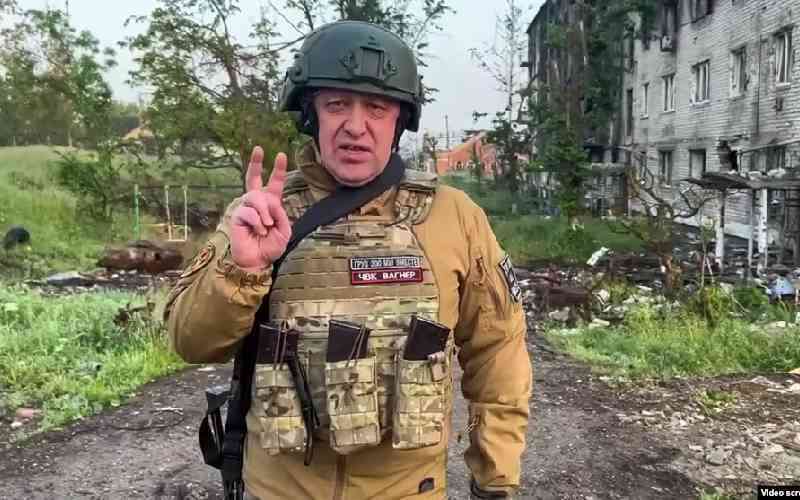
Belarusian President Alexander Lukashenko said Thursday that Russian mercenary leader Yevgeny Prigozhin was no longer in Belarus and had returned to Russia.
Prigozhin went to Belarus as part of a deal to end Prigozhin's short-lived June 23 armed mutiny against Russian President Vladimir Putin and Russian defense officials. The Russian government was paying Prigozhin's Wagner Group of mercenaries to fight alongside Russian troops in Ukraine, but he frequently complained that Russia did not supply his forces with enough ammunition.